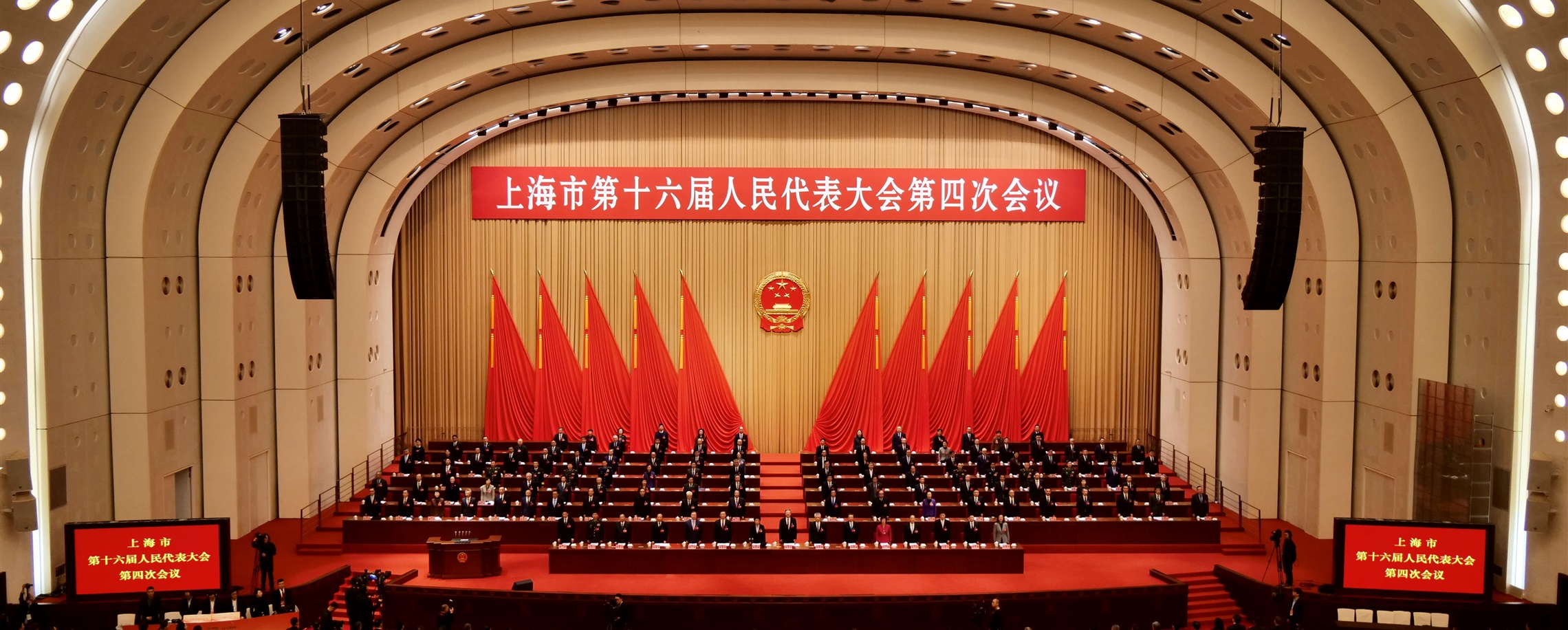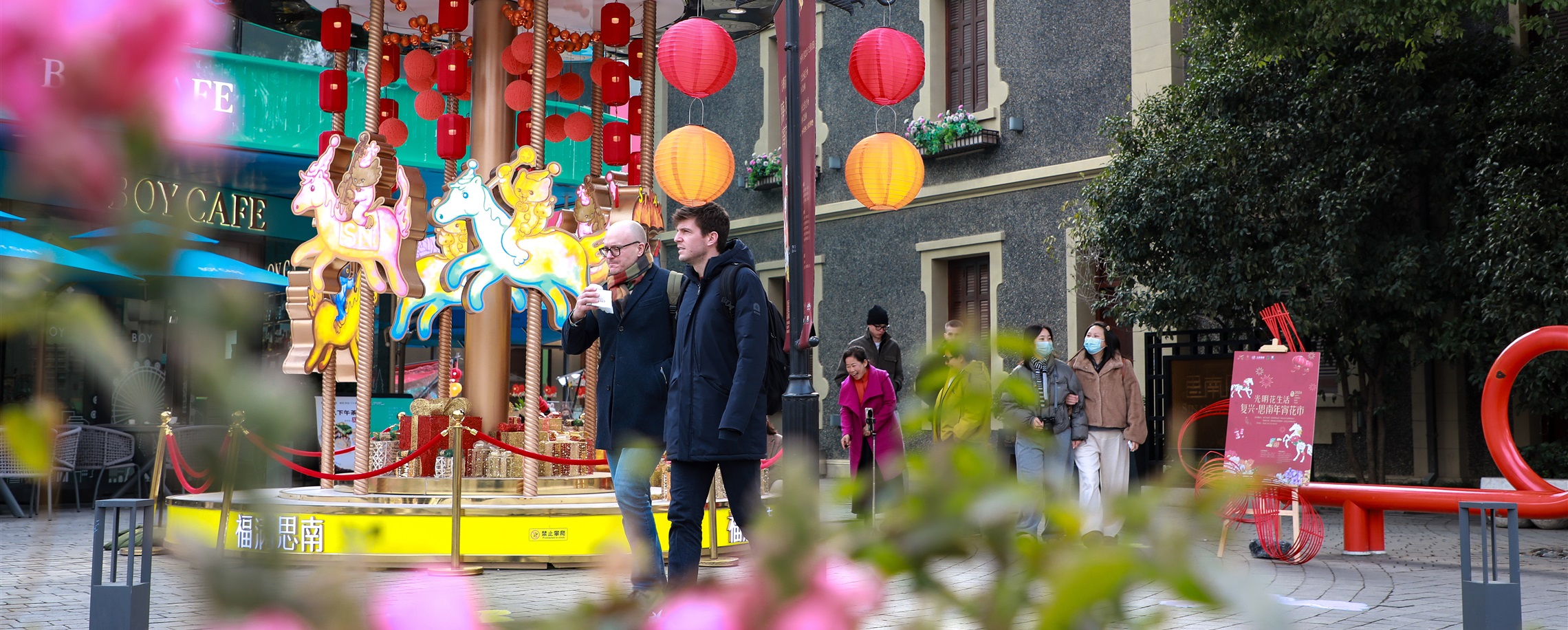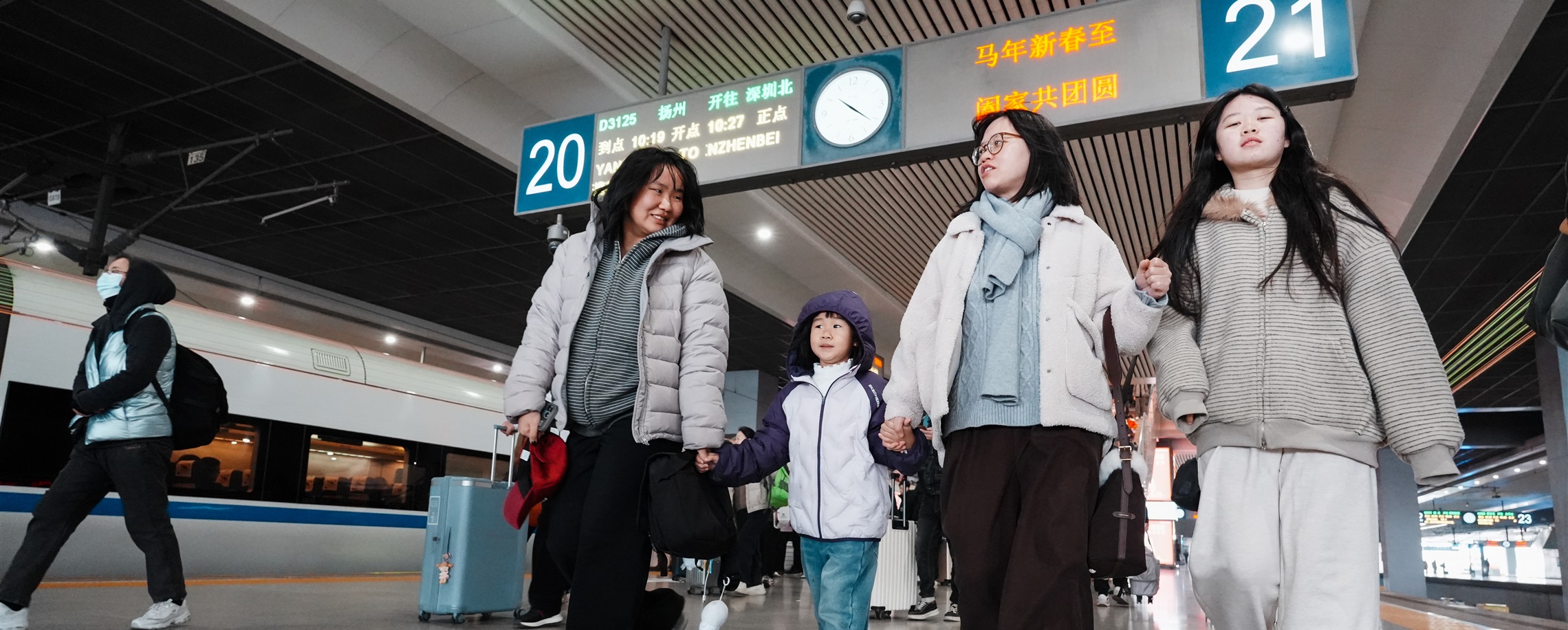US university degrees don't come cheap, Chinese parents see them as fail-safe investments
A university education is highly coveted in China, and many people believe the best degrees bear the names of US campuses.
Thus it came as no surprise that China reacted so positively to US President Donald Trump's recent pledge to double the number of Chinese students in the US to 600,000 in an about-face from an earlier boycott on international students.
"This is a piece of good news if the president is serious enough to implement it," said Jessica Fan, whose son studies at the Shanghai High School International Division and wants to apply to a US university next year.

Among the illusions about overseas education in China is the belief that a US degree can be obtained without a lot of effort.
"To be enrolled in a top US university is far from easy. You have to study much harder to earn a seat there, compared with schools in Canada or Australia," Fan said.
But overseas degrees don't come cheap. This summer, Fan's son participated in a 30-day summer camp in the US that cost more than 100,000 yuan (US$14,017). Many students aiming to apply to US universities also attend private tutoring sessions in China. And that comes on top of stiff tuition fees at international schools in China.
"Chinese people are somewhat obsessed with a good education because it is considered a fail-safe investment in a child's future," Fan said. "Most parents are willing to spare any cost for it."
Education costs don't end with tuition, even in China. A campus store at Shanghai's elite Fudan University has posted a list of 70 auxiliary expenses to consider, including dormitory bedding, daily sundries, personal-care items and stationery. Meanwhile, a courier-collection site at Fudan had items such as laptops, cameras, bicycles, suitcases, office chairs and even a mini-fridge.

It's a bit like creating a home atmosphere in a campus setting, and companies producing campus-related products are seizing the opportunities. From makers of mattresses, sheets and pillows to companies producing digital gadgets, students have become sought-after customers.
But transferring all those costs to studying in the US starts to look astronomical.
According to a post by the mother of a daughter studying art at New York University, the family has spent US$140,000 in the past year, including US$75,000 in tuition, US$48,000 for renting a shared apartment, US$12,000 for food and the rest on transport and other daily activities.
Another big expenditure comes from parents wanting to see for themselves how children are doing overseas, which necessitates travel costs to attend freshman orientation sessions or graduation ceremonies.
"We are not extravagant people, and all these expenses are based on real needs," the mother wrote in her post, giving tips on how to save money, such as taking public transit, cooking at home, utilizing student discounts at venues like museums and shopping in second-hand stores.
Indeed, Chinese student spending represents a plus for the US economy.
Chinese foreign ministry spokesman Guo Jiakun said China welcomes Trump's new initiative but hopes it isn't just lip service. That followed China's claims that US officials are groundlessly harassing Chinese students, including long interrogations or even sending some home.
Universities in the UK, Canada and Australia are eagerly willing to accept Chinese students who may fail to secure places in the US. Most foreign campuses rely on the higher tuition they charge international students.
In Case You Missed It...






![[China Tech] BCI-Assisted Ultrasound Used to Treat Brain Disease](https://obj.shine.cn/files/2026/01/30/736cac37-b592-495f-b4e9-bbd0d1e34aad_0.jpg)

